Fathom Fund Project: Diversity of Nature (Video)
Fathom Fund Project: BabyLegs (Video)
About Fathom Fund
The Fathom Fund is a crowdfunding program supporting innovative marine research that will directly impact Canadians. This exciting program allows you, the donor, to decide which projects get off the ground. Researchers who raise 25% of their project costs through crowdfunding are eligible to receive up to 75% of the remaining project costs from the Fund.
Who Can Apply?
The Fathom Fund was developed by MEOPAR for researchers from across Canada who are motivated, energetic, and interested in connecting themselves and their work to communities.
We support researchers who share our vision for a new way to fund interesting and exciting marine research in Canada. We encourage applications for marine research projects from a wide range of researchers: new academics building their experience, non-traditional researchers with community support, students with innovative ideas, and organizations with academic partners. While every Fathom Fund project must have an academic partner, we believe that great science can go beyond a university lab.
Fathom Fund is not currently seeking new projects. To learn more about our program and review application guidelines, please check the “How To Apply” section. If you have further questions, you can send us an email at info@meopar.ca.
Projects
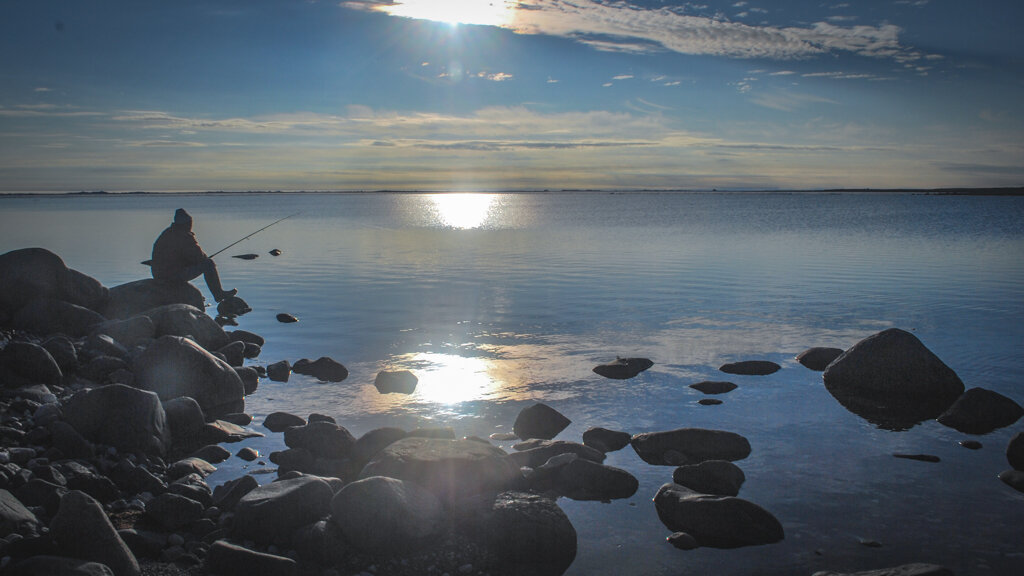
Stories for Stream2Sea: Mapping changing ocean relationships and ACTION in Canadian communities
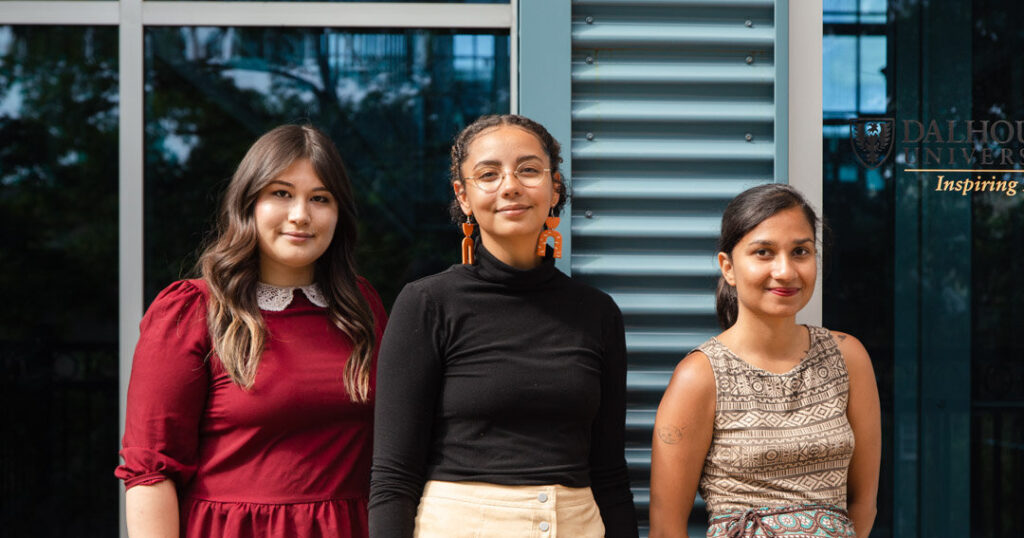
Diversity of Nature: A BIPOC-focused ecological field expedition for secondary students
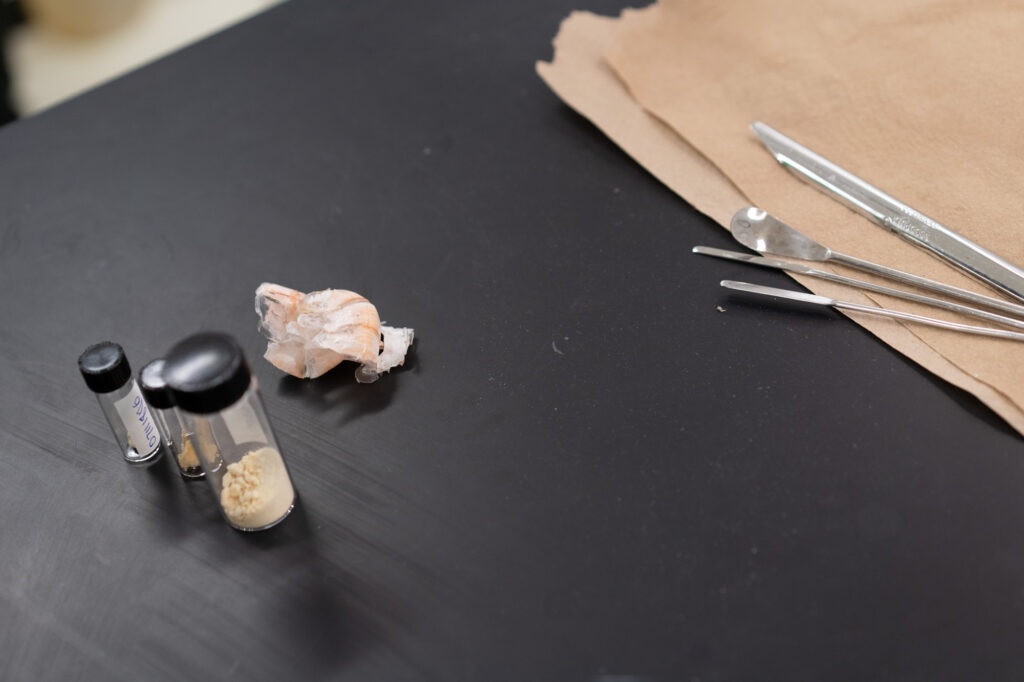
From combatting invasive species in National Parks to producing degradable plastics: A Green Solution
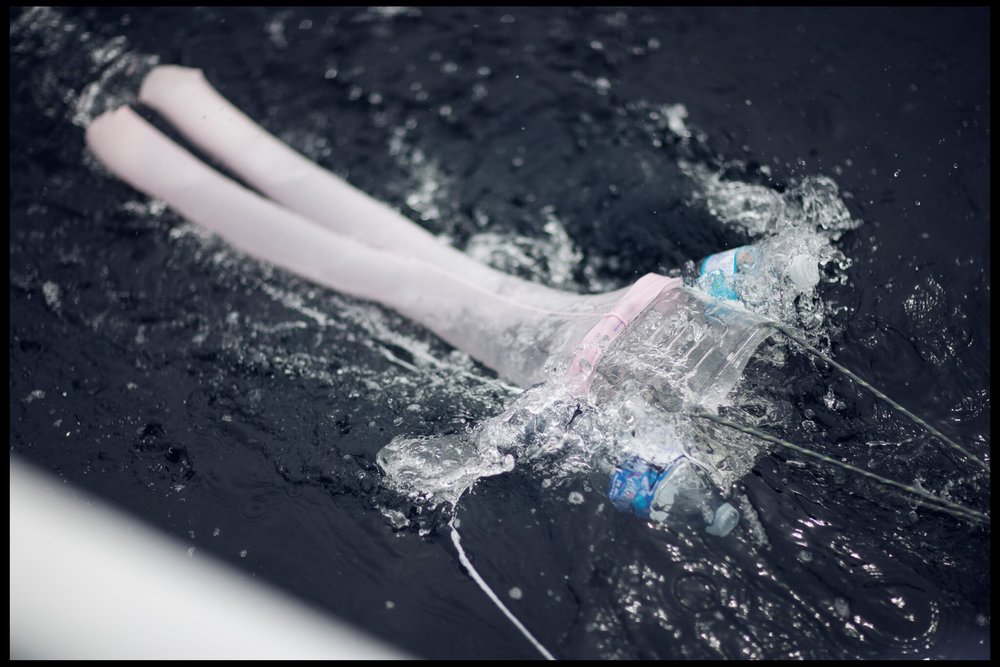
Democratizing marine plastic pollution science through DIY instrumentation
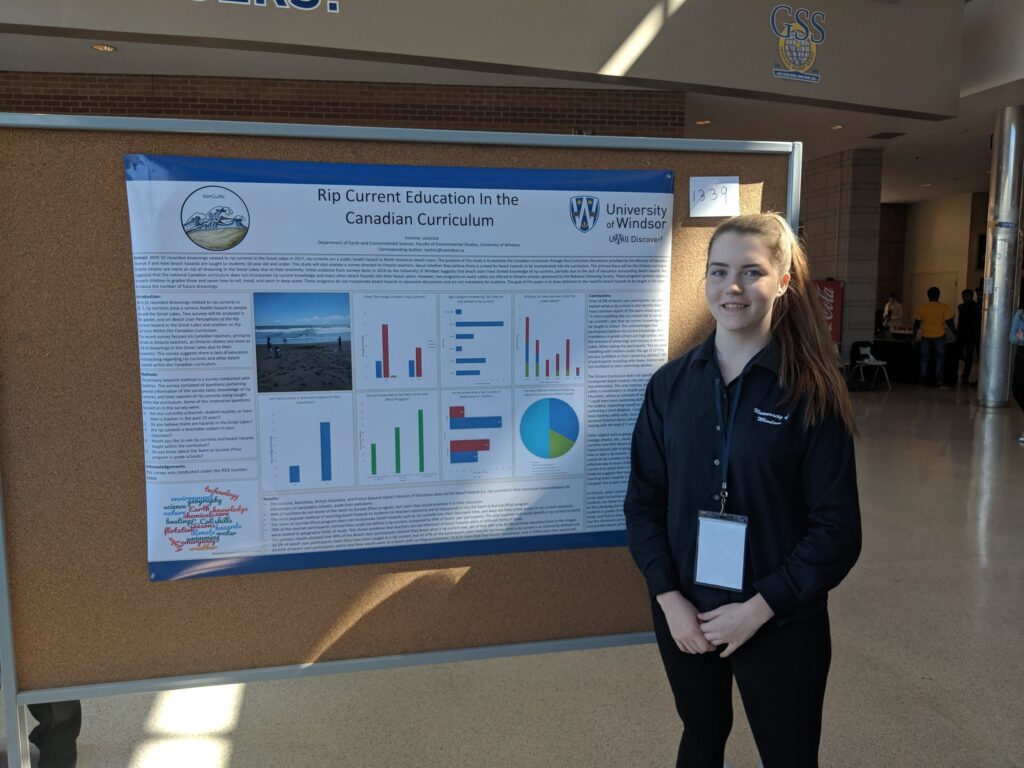
Supporting safer coastlines: Exploring the social dimensions of rip current hazards
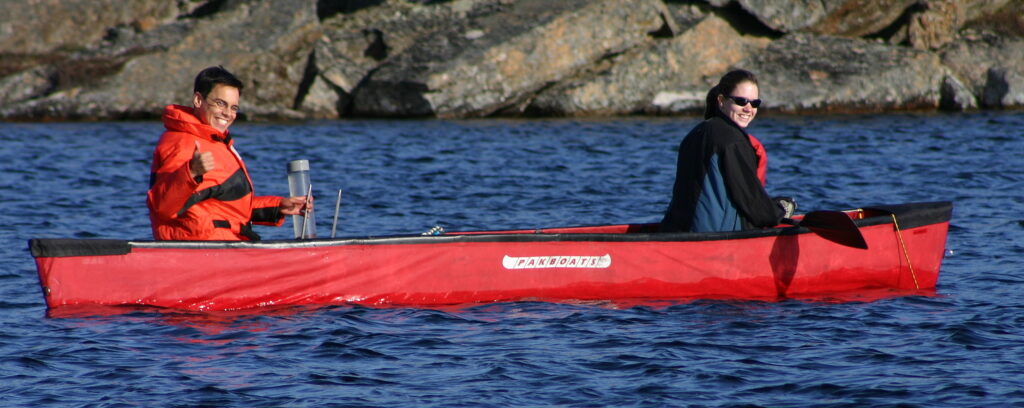
Sable Island’s Vulnerable Ecosystems in a Changing Climate
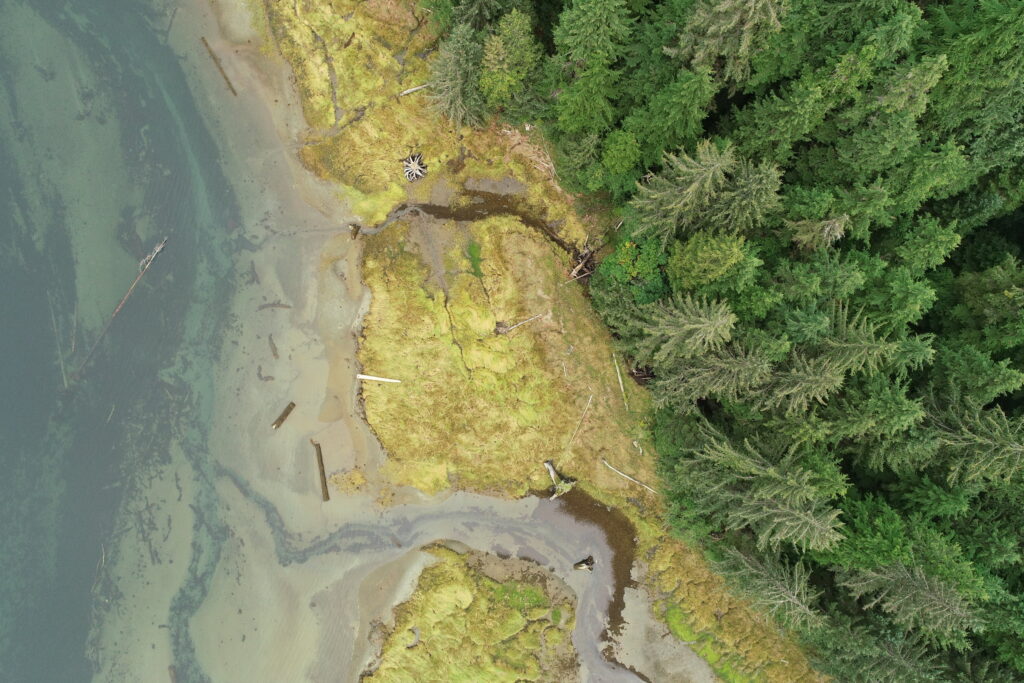
Stand up for a healthy coast—The Coastal Pollution Mapper
Fathom Fund News
Project aims to turn problematic invasive green crabs into a sustainable solution
Crowdfunding and Scientific Research: How a New Approach to Funding is Helping a British Columbia Indigenous Group
How To Apply
The Fathom Fund was developed for researchers from across Canada who are motivated, energetic, and interested in connecting themselves and their work to communities.
We work with researchers who share our vision for a new way to fund interesting and exciting marine research in Canada. We encourage applications for marine research projects from a wide range of researchers: new academics building their experience, non-traditional researchers with community support, students with innovative ideas, and organizations with academic partners. While every Fathom Fund project must have an academic partner, we believe that great science can go beyond a university lab.
If you have questions regarding the application process please contact MEOPAR.
The Fathom Fund is not seeking new applications at this time.
FAQs
What is the Fathom Fund?
The Fathom Fund was launched in December 2018 as part of MEOPAR’s Knowledge Mobilization Program to blend online crowdfunding with traditional research grants. Its purpose is to allow the general public to help decide which research ideas become funded research projects: if a researcher’s campaign meets its funding target, then Fathom Fund contributes the rest of the project cost. Whether it’s research that will make a difference to a specific community or one that captures the public’s imagination, the crowd decides who will unlock funding to get underway.
The Fathom Fund is an initiative of MEOPAR, a Network of Centres of Excellence hosted at Dalhousie University in Halifax, Nova Scotia, Canada.
Who is eligible to apply?
Applications from researchers, students, community groups and organizations.
The applicant must be eligible to receive Tri-Council funding at a Canadian post-secondary academic institution OR must identify an academic partner who is eligible to receive Tri-Council funding.
What type of eligible applicant should pursue this?
Applicants should be motivated, energetic, and passionate about their work, and about communicating their work to the world. This may include: new academics building their experience, established academics with a long track record of successful science, non-traditional researchers with community support, students with innovative ideas, and organizations with academic partners.
What is ‘scientific research’?
Fathom Fund supports scientific research, which means taking a rational, empirical and experimental approach to resolving a particular problem, or to improve our understanding of an issue.
We use the definition from the Science Council: science is “the pursuit of knowledge and understanding of the natural and social world” and research is how this pursuit is accomplished: by “following a systematic methodology based on evidence”.
Areas of research include marine science, coastal resilience, safe shipping, and other MEOPAR-related research fields.
What kind of research will FF support?
The Fathom Fund supports oceans-focused research in the areas of ocean observation, prediction and forecasting, coastal resilience, and marine operations and transportation.
The Fund is open to many disciplines and interests within this MEOPAR’s broad category of oceans science: climate science, marine genomics, satellite remote sensing, ocean engineering, marine ecology, meteorology, risk assessment, economics, planning, oceanography (including physical, chemical, biological, biogeochemical, and fisheries), statistics, sociology, or other related oceans-focused disciplines.
Why are you limited to supporting ocean or marine research?
Since the Fathom Fund is currently housed within MEOPAR, projects must fit within MEOPAR’s Strategic Plan and theme areas. Read MEOPAR’s Strategic Plan here.
Can I change my project once I’ve started crowdfunding?
You can make adjustments to better explain what you want to do or to better target your activities in your research, but you can’t make significant changes (like to what you’re studying, or where). Think of it this way: you can’t do something that could make the first person to donate to your campaign now wonder what you’re doing.
We encourage you to use the feedback you receive from the crowd to shape your project, refine your messages, and develop your engagement plan for your research results. By reviewing your analytics and comments in real-time, you can work to address concerns or add new ideas midway-through in a way that simply isn’t possible through a traditional granting process.
To make substantial changes to the substance of your project, you will need approval from MEOPAR and/or review committee.
What kind of expenses can I cover with the money I get from crowdfunding and from FF?
Grant funds must contribute towards the direct costs of the research project. The funds must be used effectively and economically, and the expenses must be essential for the research project.
For a list of eligible expenses, please see Use of Grant Funds.
As part of the FF application, the research proposal includes a fully costed budget. This must be made available to potential donors so it is clear to everyone where the money will be spent.
Can I use the funds to pay myself, students, or research participants?
Details around salaries and stipends are in Use of Grant Funds. But in short, funds cannot go to the salary of a university researcher, but they can go to students, post-docs, technicians, community members, research participants, guest speakers, subcontractors, or project coordinators.
Can I use Fathom Fund to support my education/my advocacy group/my company’s R&D program?
No.
We can certainly fund the scientific research that can support your education, your advocacy group or your R&D program, but the Fathom Fund does not directly provide support to individuals or organizations for general/core activities or pursuits.
What happens to the project data?
The general principle is to make data generated through a Fathom Fund project publicly available. See our data management policy.
How can a donor be sure that the project will happen once the money is sent?
If a project goes forward, then the Fathom Fund also has a significant financial stake in the project’s success. Unlike other crowdfunded science, the Fathom Fund does get involved in project performance – it’s an important part of establishing trust with the donating public.
We work with the scientist to establish milestones, which are then tied to transferring funds. We hold back 10% of the grant until the final report is received and published in our Fathom Fund News section. And of course, the researcher’s professional reputation is on public display.
Projects sometimes don’t work. If so, does a donor get their money back?
No.
Despite everyone’s best efforts, sometimes things don’t work out. Donors are supporting the creation of something new, not purchasing a particular service.
Delays are also possible: a field season may get shortened, a researcher may have health problems, or a student working on the project gets a job and needs to be replaced. The Fathom Fund works with the researcher to overcome these challenges in the hopes that the research will be completed even if delayed from the original schedule.
Will results be published?
Yes.
We encourage Fathom Fund projects to look for ways to publish their results widely. That can include publishing in academic or scientific journals, online through websites or blog posts, or through the media.
Projects should state on their crowdfunding page what they intend to do with the results, so a potential donor can consider this before deciding to fund a proposal.
Last, as a condition of receiving the Fathom Fund portion of the money, projects have to submit a final project report. We only provide the last installment of the funding after receiving this. We then publish that report in full in the Fathom Fund News section.
Who owns any intellectual property that may result?
The researcher. Neither MEOPAR nor any crowdfunding donor has any right to any IP.
What crowdfunding platforms can I use?
You can choose any legitimate, publicly available, professional platform, but you must receive approval from MEOPAR before launching your campaign. Participants should select a platform that meets the project’s needs.
Some questions to ask before selecting a platform include:
Is this a well-recognized and reputable platform that people can trust with their payment information?
What fees does the platform take from my donations?
Are there other fees (e.g., credit card transaction fees) to be aware of?
Does the platform allow for rewards?
How long does the platform take to review new projects?
Is the platform a registered charity equipped to issue tax receipts?
Will my donors get a tax receipt?
Donors to your crowdfunding campaign may receive a tax receipt if you have selected a registered charity as your platform. MEOPAR does not issue tax receipts to partners or donors.
Most platforms are not charitable organizations.
Tax receipts cannot be issued if the donor is receiving a service or reward for the donation.
Are gifts or rewards from the researcher to the donors required?
Gifts or rewards are not required for your crowdfunding campaign, but they are a good idea! Fathom Fund encourages the use of rewards to motivate donations.
Rewards do not need to be substantial or product-based; many donors find a tweet, email update or photo from the field to be highly rewarding. Be creative!
Can partners already committed to my project still donate?
Yes.
Why do you require a minimum number of donors for every campaign?
The purpose of the Fathom Fund is to let the crowd decide which projects should receive funding. By requiring a minimum of 20 donors on a project, the Fathom Fund is encouraging researchers to engage with a larger community than your research team and pre-existing funders and partners.
Every campaign is different, and the donors and partners are different as well. MEOPAR will work with the researcher on their campaign strategy before it is launched to ensure everything is consistent with the principles of the Fathom Fund.
What’s the most, or the least, amount that someone can donate?
The most a single contributor can donate is 20% of the crowdfunding goal.
The least amount that someone can donate is usually set at $1 by the crowdfunding platform.
If I don’t meet the funding target, do I keep any of the money?
No.
These are ‘all or nothing’ campaigns. Only with the achievement of the target will MEOPAR release its share.
Some projects might work as smaller, separate projects, with more modest and achievable budgets. As long as these smaller projects are still legitimate science research, with a value even if they don’t continue with a follow-up project, then this can be a way to start off and have things build.
If my project doesn’t meet the funding target, can I try again?
Yes.
If you are not successful in the first attempt, you can propose a new project or new campaign to the Fathom Fund. Your proposal must address where the gaps were in your first attempt, and how you plan to change your approach.
If I’m successful and I complete my project, can I propose another project?
Yes.
You must have completed your crowdfunding campaign before submitting a new proposal. Project research can take place concurrently if you have the resources to do so.
Why shouldn’t the government just fund research that is needed?
MEOPAR’s contribution to a successful project is government funding but disbursed through an autonomous organization with a fully independent board and research management committee. This approach allows for government funds to enable important science, while preserving scientific integrity and objectivity.
Direct government funding is available for a wide range of important research activities. The Fathom Fund is a different way of providing funding: it does not replace work from NSERC, SSHRC, CIHR or the National Research Council. Instead, it helps to support research that is ineligible for traditional funding sources, provide additional support for important projects, fund ideas that otherwise fall through the cracks, or support researchers who want to use crowdfunding as a mechanism to engage with or learn more about the community interested in their work.
Are international donations permitted?
International donations are permitted through the crowdfunding platforms, as long as they adhere to the other requirements of a crowdfunding donation (up to a maximum of 20% of the crowdfunding goal, for example).



